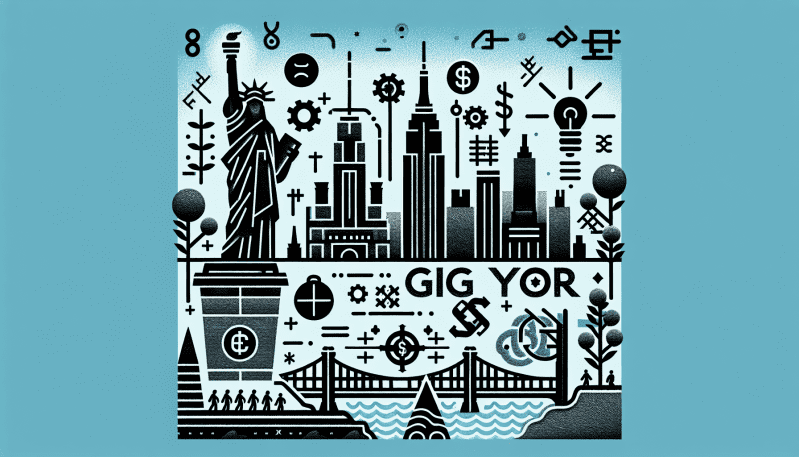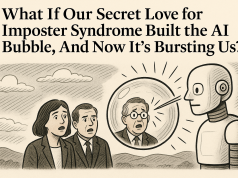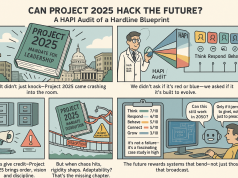In the heart of New York, where the hustle is as iconic as the skyline, a new work phenomenon is reshaping the labor landscape: the rise of the gig economy. It’s a wave that’s spreading across the globe, but in New York – the epitome of ambition – its impact raises poignant questions about the future of work.
The allure of gig work lies in its promise of flexibility and independence. For many New Yorkers, the ability to choose when, where, and how much they work is not just appealing, it’s revolutionary. The traditional 9-to-5 grind, chained to a desk and beholden to a boss, is giving way to a more fluid, entrepreneurial approach to earning a living. Ride-sharing drivers, freelance writers, and project-based consultants are the new faces of this burgeoning sector.
Yet, with the excitement of this newfound autonomy comes a host of concerns. Gig work, by its very nature, often lacks the security and benefits of full-time employment. Health insurance, retirement plans, paid leave – these staples of the ‘old economy’ jobs are conspicuously absent in many gig arrangements, leaving workers exposed to financial precarity.
Moreover, the gig economy raises urgent questions about the protection of worker rights. Without the traditional employer-employee relationship, gig workers often fall outside the purview of labor laws designed to ensure fair wages and safe working conditions. This has sparked a debate about the need for new regulatory frameworks that recognize and safeguard the rights of gig workers.
Unions, historically the defenders of worker rights, face a new challenge in organizing a workforce that is dispersed and diversified. Yet their role has never been more critical. By advocating for gig workers, unions can help secure better pay, benefits, and working conditions, ensuring that the gig economy doesn’t become a race to the bottom.
But there’s another side to this coin. The gig economy embodies a work ethic that is very much in line with New York’s storied spirit of perseverance and hustle. Gig workers are entrepreneurial, self-reliant, and resilient – qualities that have long been celebrated in the city that never sleeps. In many ways, gig work amplifies the very values that have driven New York’s success story.
The question, then, is not whether the gig economy is reshaping the New York work ethic – it clearly is – but whether this transformation can be guided in a way that preserves both the dynamism and the security that New Yorkers value. As we ponder this, we must consider how to evolve our social safety nets, labor laws, and employment models to catch up with a world where work is no longer a place you go, but a task you complete – anywhere, anytime.
The gig economy is not a fleeting trend; it’s a seismic shift in our understanding of work itself. Whether it redefines the New York work ethic for the better or erodes long-term stability is a matter that will be decided by how we, as a society, choose to respond. Policies that protect workers while fostering innovation, unions that adapt to represent a new breed of worker, and a collective commitment to ensuring that flexibility does not come at the cost of fairness – these will be the hallmarks of a gig economy that truly works for everyone.



























